Many high school students have a part-time job at places like McDonald’s or Starbucks. Junior Maverick Long works at the Joshua Center, a family-owned grief counseling center, where the impact he makes is a lot bigger than a frappuccino.
“My family has experienced a lot of loss, a lot of grief,” Maverick said. “When my mom was in college, her little brother passed away, and his name was Joshua. The whole foundation is called the Joshua Center, named after him.”
Like many people, when Maverick’s mom, Rachel Long, was suffering from a loss, she sought counseling to help her navigate her grief.
“It was a highly negative experience,” Rachel said. “[The therapist] said ‘you need to put your brother’s memories in a box and put them on a shelf and pull them down when you can work through them.’ What she didn’t know was that this sudden death derailed my family. I had just put my little brother into a box and put him into the earth, and so when she said that, it just triggered delayed grief and it lasted for seven years until I thought I was developing some kind of memory dysfunction. It was the delayed grief. I hadn’t processed anything around my brother.”
The Joshua Center was an attempt to help people to grieve their loss in a positive way; a way that emphasizes not forgetting the person you lost, but adjusting to your new world and finding an enduring connection to that person as you continue to live your life. For Rachel, the Joshua Center was her enduring connection to her brother.
“You never want to forget your best friend that died,” Rachel said. “You can’t. You want to take a piece of them into the rest of your life with you, but in a way that’s healthy so that you can embark on a new life and keep living, which is the highest honor to someone who has lost their life is that you continue living.”
Even though the Joshua Center only opened a few years ago, Rachel’s whole life has been dedicated to serving others.
“I was an executive pastor at Emmanuel for 13.5 years,” Rachel said. “You see in ministry a lot of hurting people and knowing how to bring faith and hope and healing into their life is a skill you learn as a pastor and also a skill that is useful here. Before that, I was a lifespan developmental therapist and that has been exponentially helpful in this because part of your lifespan is death.”
Even though Rachel technically started the center by herself, many members of her family work there, including her son, Maverick. His job mainly consists of helping young children.
“I am a peer liaison, so I go in with little guys who are anywhere from four to ten [years old],” Maverick said. “If a parent is meeting with a counselor, I’ll stay with the kid and play video games with them and I just kind of babysit the kids while the parent is in the meeting.”
The kids Maverick works with have all gone through traumatic experiences. He helps them by teaching them how to better regulate their emotions, but also just by being someone to talk to.
“I like being able to be there every week consistently as support for the kids because you do build connections with the kids and they depend on you weekly,” Maverick said. “[I] ask them how their day is going, how their week is going, show them love, because growing up with a single parent can be hard for these kids. These kids are so sweet and they don’t have any choice in what happens to them.”
Based in Greenwood, the majority of the Joshua Center’s clients are students from the Johnson County area. However, the need for grief counseling extends beyond Johnson County.
“I had no clue that there was this much pain in the Johnson County area — the Center Grove, Whiteland, Greenwood, Franklin, area,” Rachel said. “We would like to expand completely. We have people that we meet with in Shelby County [and] people in Jackson and Jennings that live there that are our clients. We would like to establish centers like this there. Jennings county is the poorest county in Indiana. Bad things are happening there. It’s not good. Once you see it, once you know, it’s really hard not to say or do anything.”
The Joshua Center has expanded not only across the state, but across the world.
“We just opened in Cartagena, Colombia,” Rachel said. “There’s a lot of poverty there. We just started there and made a connection with the university there. For our center in Colombia, we have a dream there to have a ‘mom house’. The mom’s would get six months there [and] they would get grief counseling. Being able to build and fund that house is a dream, an incredible dream.”
Despite the impact the Joshua Center has been able to make on the lives of its clients, there are still obstacles that prevent people from seeking counseling.
“Even in 2025, getting counseling has stigma,” Rachel said. It’s why we don’t have the front door [labeled] ‘grief counseling’ or the ‘Joshua Center.’ Grief counseling has less [stigma] because it sucks when somebody dies, but we deal with all kinds of losses.”
Even though there are scholarships available for some kids, the price of counseling can still be a deterrent from seeking help.
“Our goal is to serve totally free but right now we have a fee for service just like private pay counseling,” Rachel Long said. “Our fee is $100 a session. The lowest other one that we could find here in Greenwood was $125, so we know we’re the lowest. We can’t yet do it for free but [the goal] would be that we would find corporate and community sponsors that would step up and take care of the mental health well-being of children and students here.”
The Joshua Center has not only helped its clients, but it has also had a profound impact on Rachel Long herself.
“The most rewarding thing is being the adult that I wish I had, and for my brother,” Rachel Long said. “Watching a child regain hope is huge. Watching a teenager regain hope and confidence in themselves, amazing. Watching them lift their heads back up and not using self-harming behaviors to manage their loss, amazing. All of that is super rewarding.”
Despite the Joshua Center’s lofty goals of expanding worldwide, at the end of the day, the Joshua Center has only one mission: that no child, adolescent, or young adult has to grieve alone.


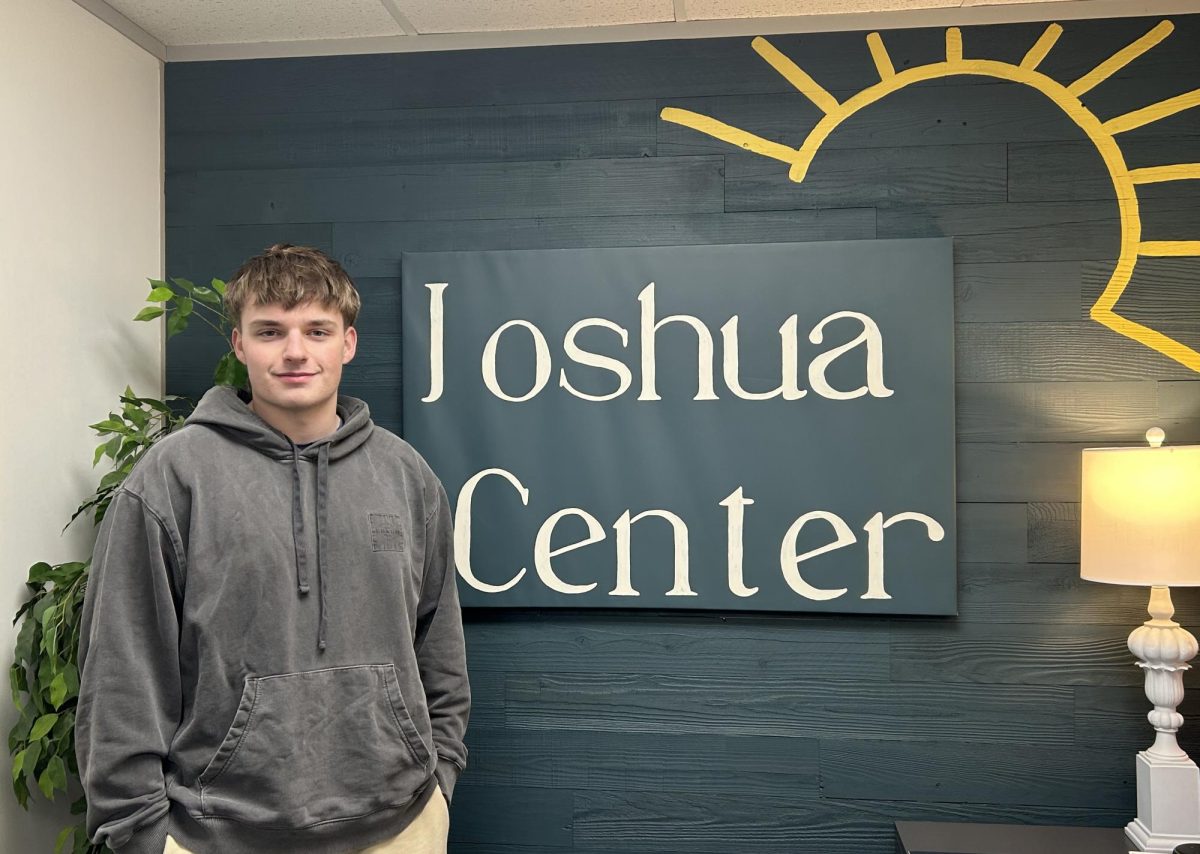
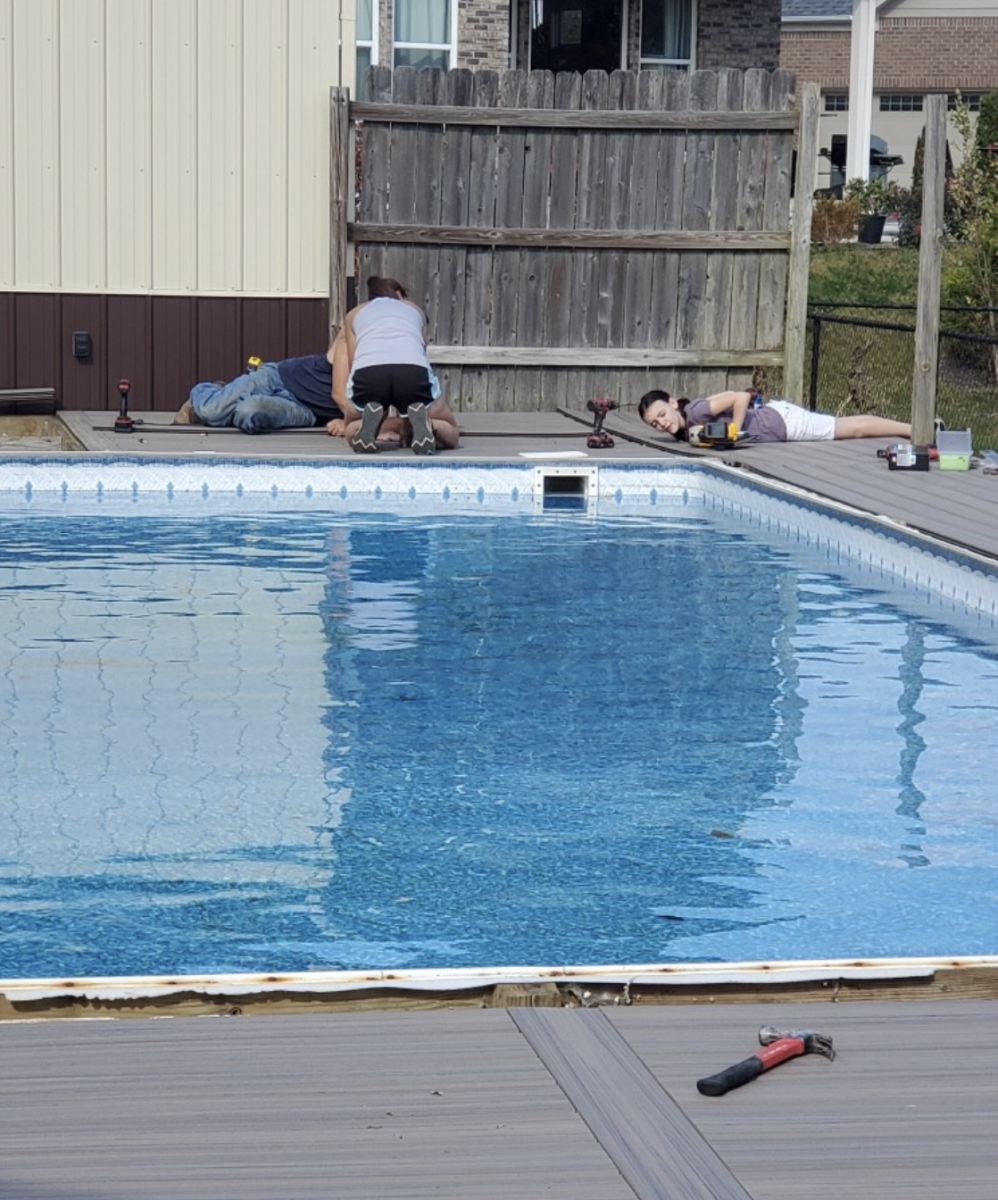

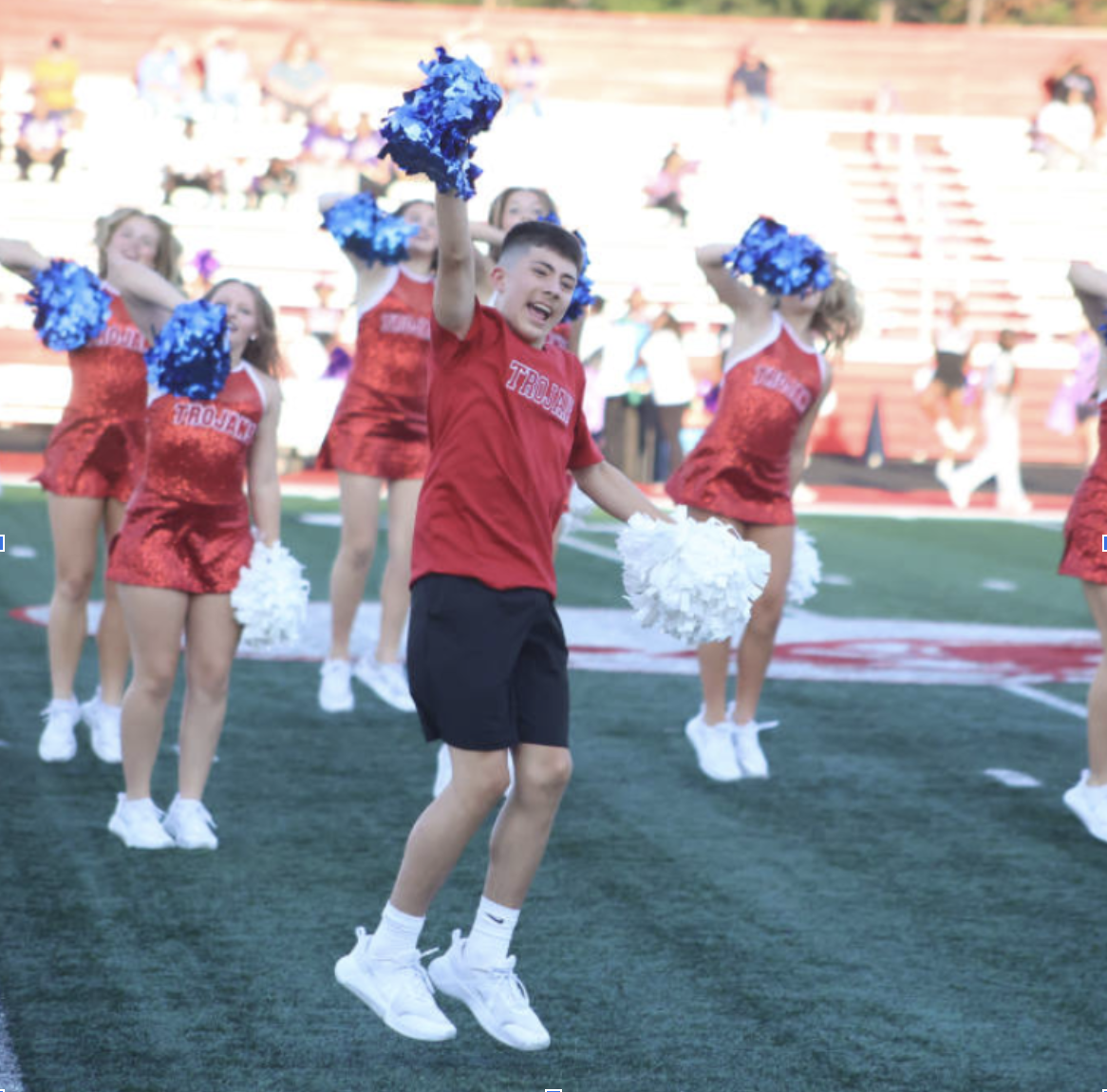
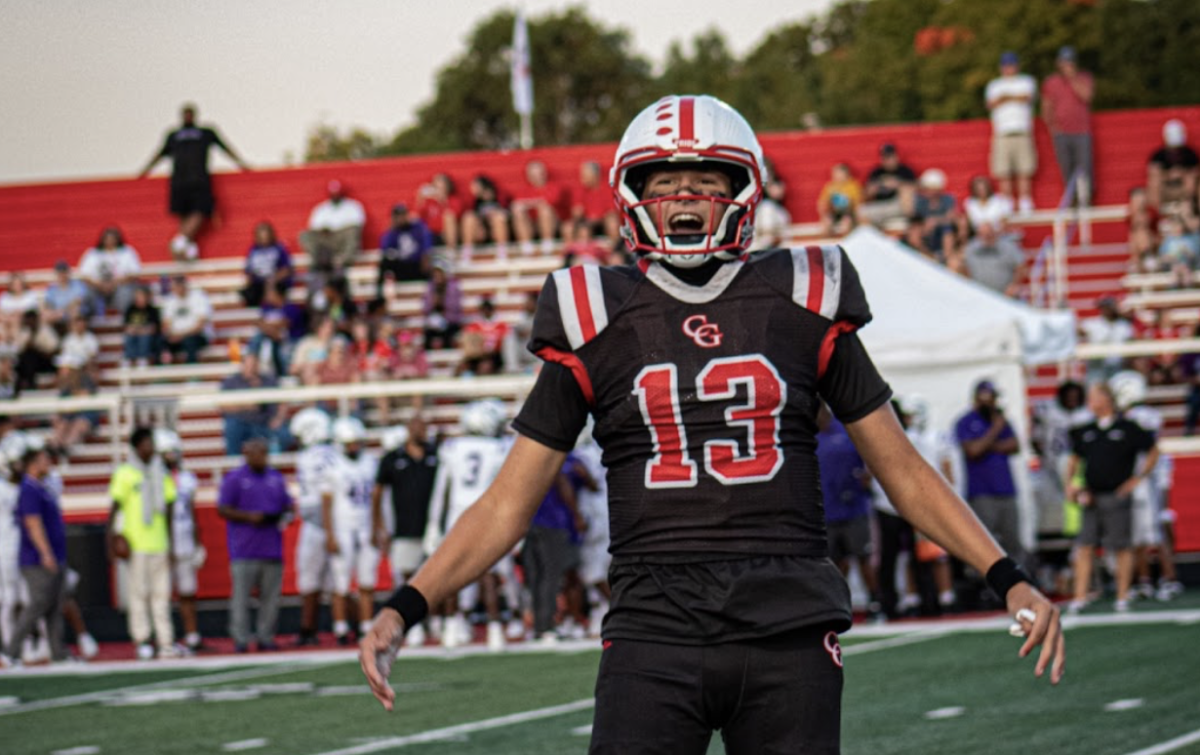
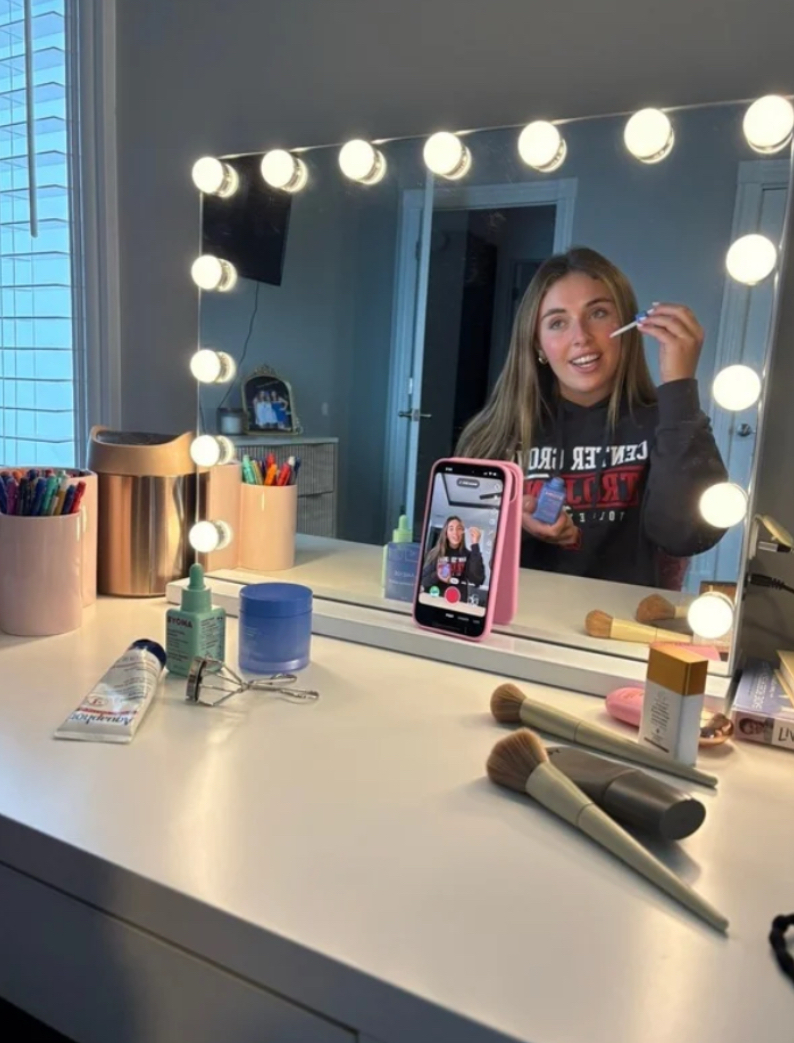
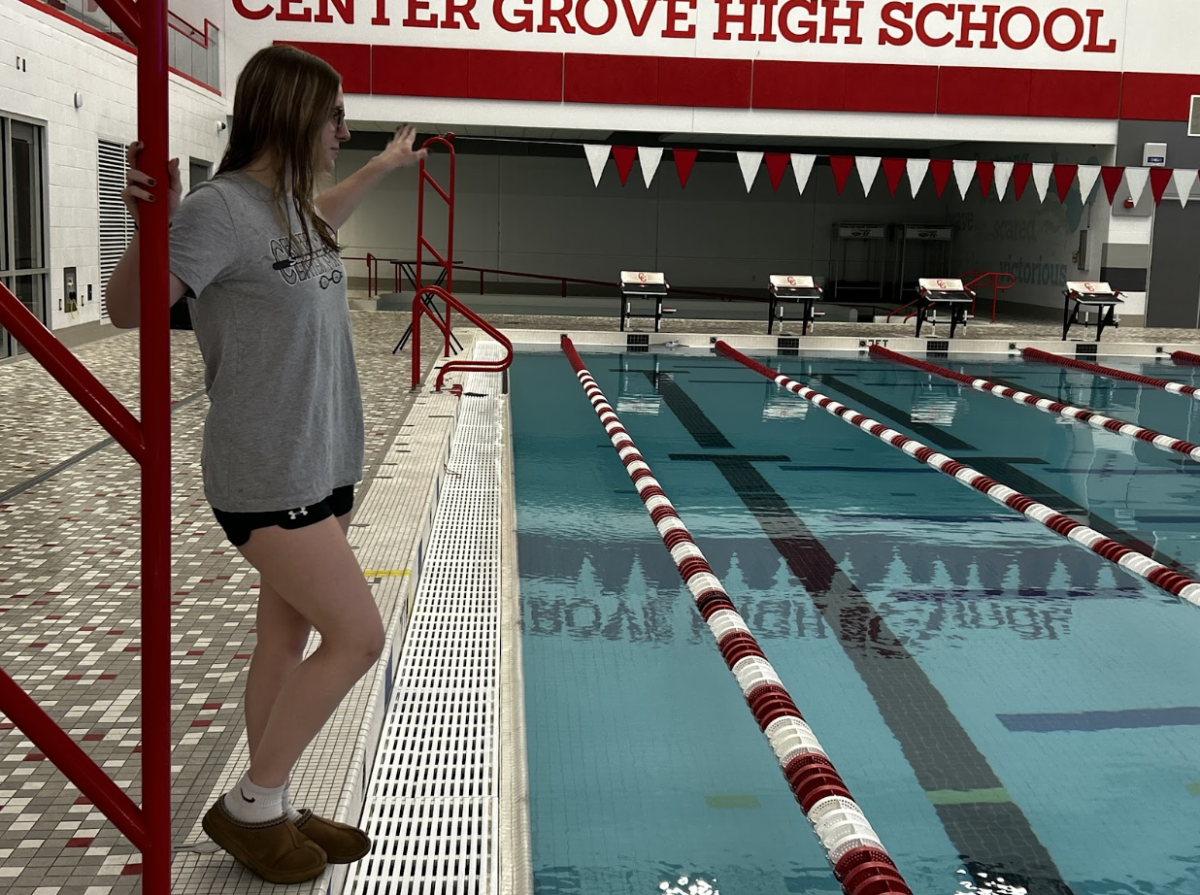
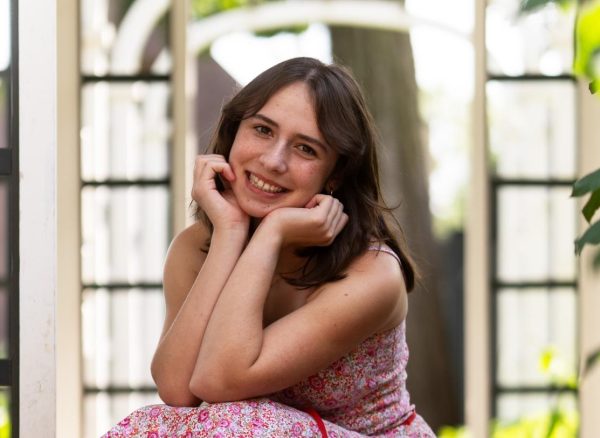
Jan Long • May 1, 2025 at 8:04 am
Excellent information to share. Wishing you continued success and outreach possibilities.